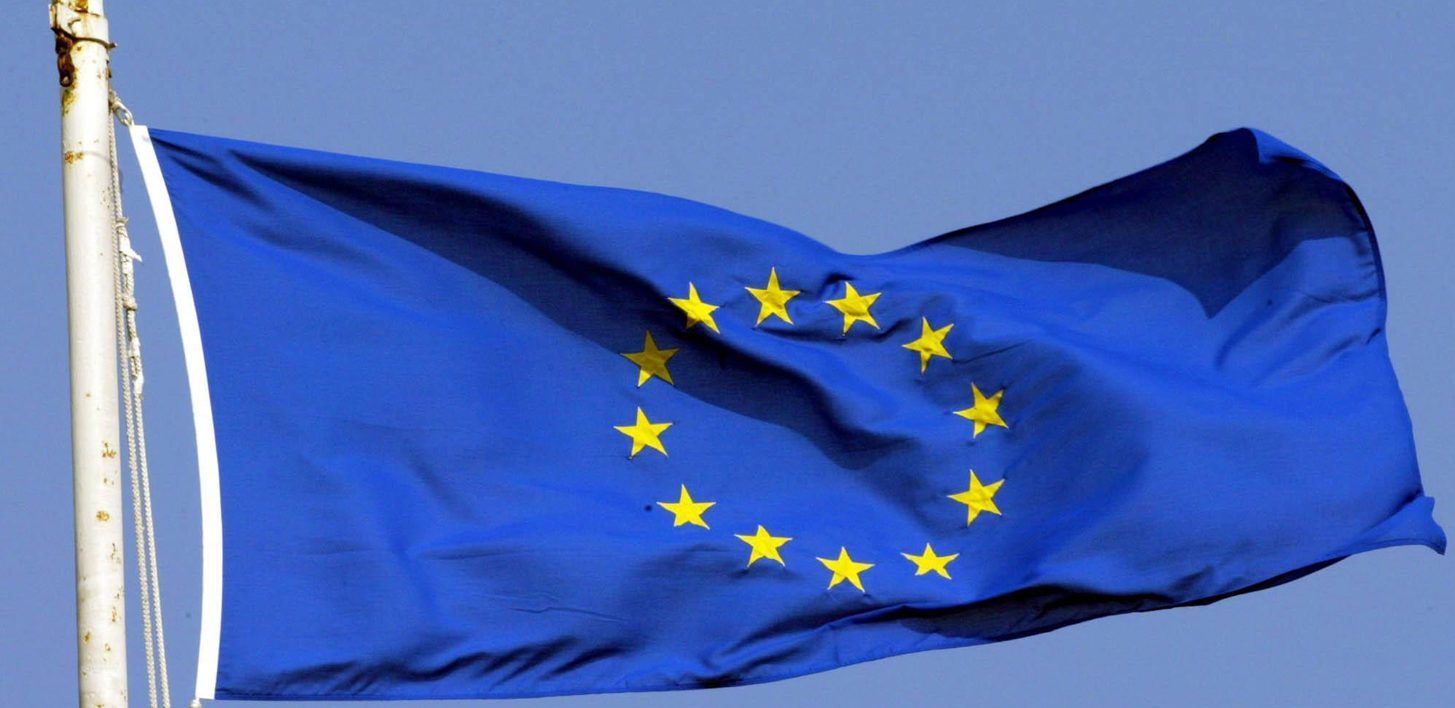A poll earlier this week suggested more than three-quarters of Scots are in favour of remaining within the EU.
Such a result, it was subsequently argued, could actually keep Britain tethered to Brussels, despite the outcome south of the border.
That’s all well and good but it takes two crucial things for granted.
One is that there are many Europhiles in Scotland, as polls suggest.
Given that, while they have varied in their number, all surveys suggest strong support for remaining in, this point does not seem in too much doubt.
Far more important, though, is the question of whether we can be bothered to go out and make our voices heard on the issue.
“But we’re so democratically engaged these days,” I can hear you cry.
Except, we’re not really.
Engagement
Since the phenomenally high turn-out of 85% in the 2014 independence referendum we have seen quite a drop off in democratic engagement.
Last year’s General Election was a healthy 71% but last week’s Holyrood vote was 56%.
To put that in context, only a little more than half of Scots bothered to vote on who should run the parliament 1,617,989 people thought should control all of our affairs 20 months ago.
That means, as the Electoral Reform Society pointed out, that 1.8 million people here didn’t make their voice heard about our MSPs.
And when the European Championships are on the TV, alas sans Scotland, and people are gearing up to head on their summer holidays it seems unlikely that turning up to their local polling station is going to be a priority.
Cynicism?
Think that’s a tad cynical? Remember the Alternative Vote referendum demanded by the Liberal Democrats as part of their UK Government deal?
Well, when some people were moaning about not getting the government they voted for because of a first past the post system, they conveniently forgot only 51% of Scots actually cast their ballot on the issue.
So let’s revisit this idea that Scotland could keep the UK in the EU.
We have an electorate of something in the region of 3.4 million people, including those 16 and 17-year-olds who won’t have the vote in June.
London’s alone is 5,739,011, according to the stats from its recent mayoral election, then you’ve got the rest of the UK on top of that.
Big influence?
Scotland is but a drop in the ocean. How we vote may help tip the balance but it will hardly be as influential as some are making out.
Given that’s the case, you may wonder what is the point in bothering?
It is this: whether you believe the UK should stay part of the Brussels bloc or take its chances on its own, there’s a lot at stake.
Possibly even more than the independence referendum on a practical if not emotional level.
Scotland has had its debate about national identity and examined its heart, its head, facts, fears and fictions.
As such, the rest of the UK – England in particular – going through the same process seems rather remote.
Both campaign group’s strategies must step up and capture the imagination of voters.
Otherwise there will be no justification for demands or complaints from those who wake up on June 24 to the “wrong result”.










